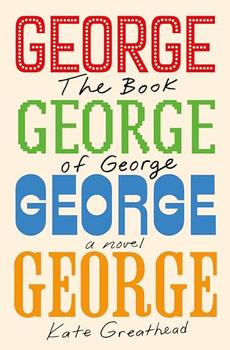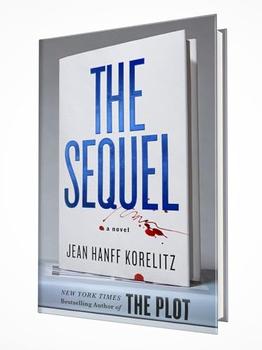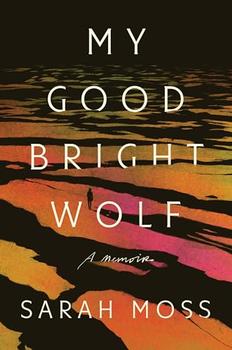Summary | Excerpt | Reviews | Beyond the Book | Readalikes | Genres & Themes | Author Bio

A Portable History of the Universe
by Christopher PotterChapter One
Orientation
The eternal silence of these infinite spaces alarms me.
Blaise Pascal
You are here, it says on the map in the park, the train station and the shopping centre, an arrow, usually red, pointing to some reassuringly definite location. But where is here, exactly? Children know, or think they know. On the flyleaf of a first book, I wrote out, as we all did after our own fashion, my full cosmic address - Christopher Potter, 225 Rushgreen Road, Lymn, Cheshire, England, The United Kingdom, The World, The Solar System, The Galaxy - my childish handwriting getting larger and larger, as if each part of the address I knew to be bigger and more important than the preceding part, until, with a final flourish, that acme of destinations is reached: the universe itself, the place that must locate everything there is.
As children we soon become aware that the universe must be a strange place. I used to keep myself awake at night trying to imagine what lay beyond the edge of the universe. If the universe contains everything there is, then what is it contained in? We now know, scientists tell us, that the visible universe is a region of radiation that evolved and is not contained in anything. But such a description raises too many questions that are more disturbing than the question we had hoped to have had answered in the first place, and so we quickly put the universe back in its box and think about something else instead.
We do not like to think about the universe because we fear the immensity that is everything. The universe reduces us to a nub, making it difficult to escape the idea that size matters. After all, who can deny the universe when there is so much of it? 'Spiritual aspirations threaten to be swallowed up by this senseless bulk into a sort of nightmare of meaninglessness,' wrote the Anglo-German scholar Edward Conze (1904-1979). 'The enormous quantity of matter that we perceive around us, compared with the trembling little flicker of spiritual insight that we perceive within us, seems to tell strongly in favour of a materialistic outlook on life.' We know that we must lose if we are to contest the universe.
Just as terrifying is the idea of nothing at all. A little while ago each of us was nothing, and then was something. No wonder children have nightmares. The something of our existence ought to make the nothingness that preceded life an impossibility, since we also know, as King Lear observes, that 'nothing can come of nothing'. And yet every day in the annihilation and miraculous resurrection of the ego that is going to sleep and waking up, we are reminded of that very nothingness from which each of us emerges.
If there is something - which there appears to be - then where did that something come from? Such thoughts coincide with the first inklings we have of our own mortality. Death and nothingness go hand in hand: twin terrors to put alongside our terror of the infinite; terrors we spend the rest of our lives suppressing into the shape of our adult selves.
Humans are caught in a bind. On the one hand we know that there is something because we are each sure of our own existence; but we also know there is nothing because we fear that that is where we came from and where we are headed. We know intellectually that the nothingness of death is inescapable but do not actually believe it. 'We are all immortal,' the American novelist John Updike reminds us, 'for as long as we live.'
'What happens when I die?' a child soon asks, a question that as adults we also put to one side. Not even a material girl in a material world would be satisfied with an answer that was restricted to descriptions of physical decay, and yet even a material answer to such a question, and indeed to all questions, ill end up at the same place. What is the material of the world and where does it come from? To think about the universe is to ask again the childhood questions we no longer ask: What is everything? And what is nothing?
The foregoing is excerpted from You Are Here by Christopher Potter. All rights reserved. No part of this book may be used or reproduced without written permission from HarperCollins Publishers, 10 East 53rd Street, New York, NY 10022




Anagrams
Click Here to find out who said this, as well as discovering other famous literary quotes!
Your guide toexceptional books
BookBrowse seeks out and recommends the best in contemporary fiction and nonfiction—books that not only engage and entertain but also deepen our understanding of ourselves and the world around us.